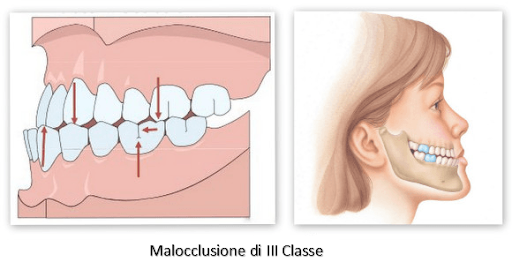Informed consent, understood as the obligation to inform the patient, is the acceptance by a patient of medical treatment, care, therapy proposed to him or her by a physician. It thus represents the patient’s right to choose, accept, or in some cases refuse a specific treatment to which physicians would like to subject him or her. This is an inalienable right, which is also enshrined in the constitution.
A key element for consent to be legitimate is clear and adequate information about the entire treatment process to which the patient should undergo.
Clear and detailed information
The physician has the bbligation to illustrate in every detail the treatment he or she intends to propose to the patient, making clear what, if any, risks or dangers may be encountered. The patient needs to be aware of what the diagnosis is, the proposed treatment, the benefits, the risks, and even the dangers of not taking action. Only in cases where the patient receives clear, detailed information from the physician that is understandable to him or her can consent be considered valid and legitimate. Indeed, if a situation arises in which the patient is not fully aware of what he or she is (or is not) consenting to, the consent is to be considered null and void.
The document
In compliance with clear regulations that protect both parties, there is an official document that the patient is required to sign to authorize doctors to proceed with treatment. Such a document is written both for the protection of the patient, who can have an even clearer view of the procedure (or therapy) to which he or she is to undergo, and for the physician, who can prove, in the case of complications of any kind, that the patient was perfectly agreeable to continuing with the health care service. Despite this, the patient always has the option of reconsidering and no longer accepting treatment, thus availing himself of the so-called“right not to treat,” even if it might endanger his health.
The questions to be asked
Before undergoing any kind of therapy, it is good for every patient to ask very important and precise questions to their doctor, such as:
- Is the surgery that I will have to undergo necessary ?
- Are there therapeutic alternatives ?
- What are the most frequent complications and risks ?
- Can the same surgery be done using minimally invasive surgical techniques ?
- Should I experience pain after surgery, will appropriate pain relief therapies be used ?
- After how long will I be able to return to my living habits ?
- Are there any particular prescriptions that I will have to follow on nutrition and treatments ?
In any case, the key element is clarity, but the patient’s trust in his or her doctor is also no less important.







































































































